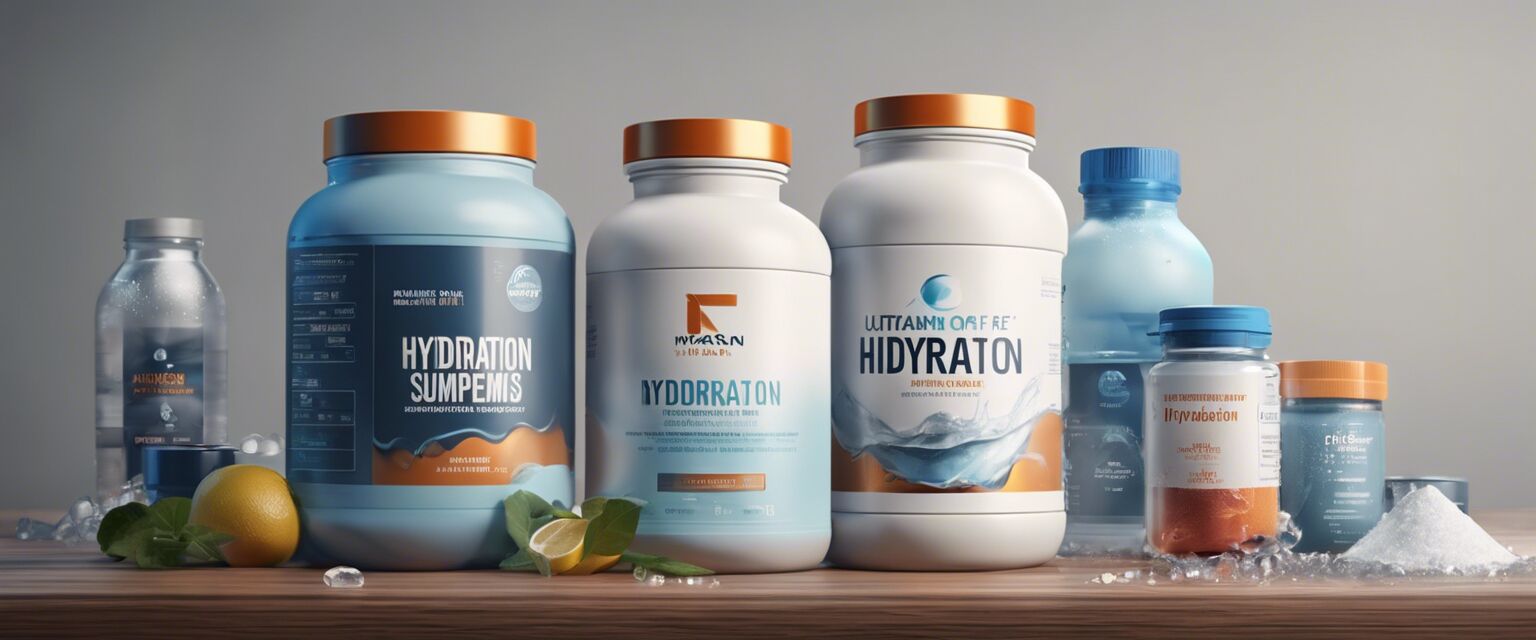
Side Effects and Risks of Electrolyte Supplements
Key Takeaways
- Electrolyte supplements can be beneficial for hydration but may cause side effects if misused.
- Common side effects include gastrointestinal issues, headaches, and muscle cramps.
- Overconsumption can lead to serious health risks such as hypernatremia or hyperkalemia.
- Consulting with a healthcare professional is recommended before starting any supplement regimen.
Electrolyte supplements are increasingly popular among athletes and high-endurance performers aiming to maintain optimal hydration levels. However, like any supplement, they come with potential side effects and risks, especially when misused. In this article, we will explore the various side effects associated with electrolyte supplements, along with guidelines for safe use.
What are Electrolyte Supplements?
Electrolyte supplements are products designed to replenish essential minerals in the body, such as sodium, potassium, magnesium, and calcium. These minerals play critical roles in various bodily functions, including fluid balance, muscle contraction, and nerve transmission.
Types of Electrolyte Supplements
| Type | Description |
|---|---|
| Electrolyte Drinks | Ready-to-drink beverages containing electrolytes. |
| Electrolyte Powders | Powders mixed with water to create a drink. |
| Hydration Tablets | Tablets that dissolve in water to provide electrolytes. |
| Sports Drinks Concentrates | Concentrated forms of sports drinks requiring dilution. |
Potential Side Effects of Electrolyte Supplements
While electrolyte supplements can be helpful, misuse can lead to various side effects. Here are some common issues:
- Gastrointestinal Issues: Overconsumption can cause nausea, diarrhea, or stomach cramps.
- Headaches: Dehydration or excessive intake can lead to headaches.
- Muscle Cramps: Imbalances in electrolyte levels may trigger muscle cramps.
- Fatigue: An imbalance caused by excessive electrolyte intake can lead to fatigue.
Serious Health Risks
In extreme cases, electrolyte supplements can lead to serious health issues:
| Condition | Description |
|---|---|
| Hypernatremia | An excess of sodium in the blood, leading to high blood pressure and possible kidney damage. |
| Hyperkalemia | Excess potassium levels, which can cause heart problems. |
| Hypocalcemia | Low calcium levels leading to muscle spasms and cramps. |
Who Should Use Caution?
Certain groups of people should exercise caution when using electrolyte supplements:
- Individuals with kidney issues.
- People with heart conditions.
- Those on medications that affect kidney function or electrolyte balance.
Safe Use Guidelines
To minimize the risk of side effects, consider the following guidelines:
- Consult a healthcare professional before starting any supplement.
- Follow the recommended dosage on the product label.
- Stay hydrated with water in addition to electrolyte supplements.
- Avoid mixing multiple electrolyte sources without guidance.
Pros
- Helps maintain hydration during intense physical activity.
- Replenishes lost minerals after exercise.
- Available in various forms for convenience.
Cons
- Risk of side effects with misuse or overconsumption.
- Potential for serious health risks if not monitored.
- May contain added sugars or artificial ingredients.
When to Seek Medical Advice
If you experience any severe side effects or symptoms after taking electrolyte supplements, consult a healthcare professional immediately. Early intervention can prevent more serious health issues.
Conclusion
Electrolyte supplements can be a valuable aid for hydration and performance, but they come with potential risks and side effects. Proper use and understanding of these products are crucial to reaping their benefits without jeopardizing your health.
Tips for Beginners
- Start with small doses to see how your body reacts.
- Keep track of your electrolyte intake along with your diet.
- Consider natural sources of electrolytes, such as fruits and vegetables.
For more information on hydration supplements, check out our Electrolyte Drinks, Electrolyte Powders, and Hydration Accessories.










